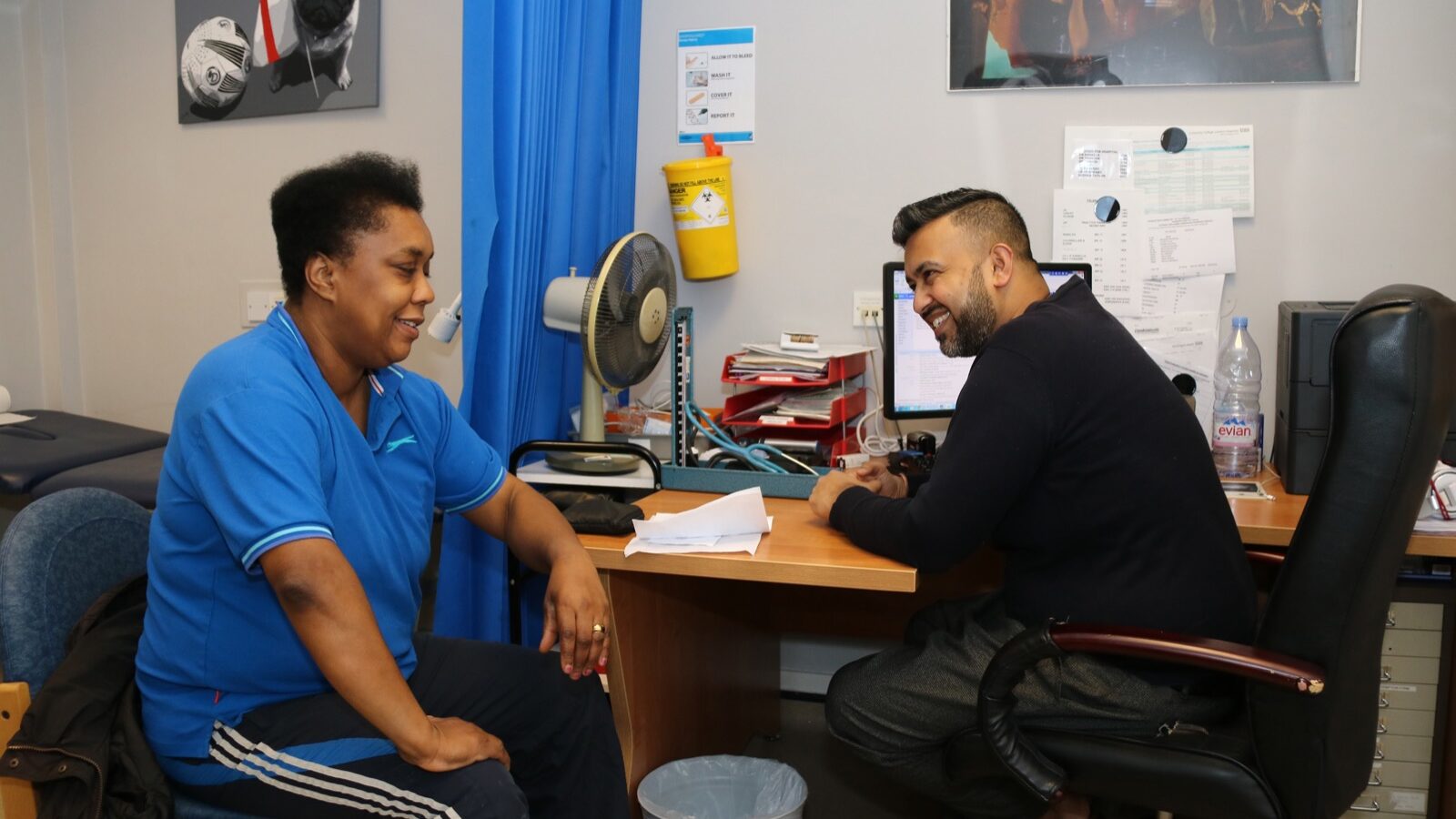Being repeatedly assessed and reassessed is a grim fact of life for tens of thousands of people with learning disabilities and their family members – for money to live and for support from services.
As austerity continues to bite harder and harsh words from politicians look unlikely to change any time soon, what do we know about how people with learning disabilities experience these kinds of assessments?
Research reveals grim reality
In a study, Liverpool-based researchers Bethan Ward, Ste Weatherhead and Beth Greenhill carried out in-depth interviews with eight people with learning disabilities who had been through welfare assessments for a personal independence payment (PIP), employment support allowance or both.
The research, “They don’t understand people with learning disabilities: exploring the experiences of people with intellectual disabilities undergoing welfare assessments”, was published in the Journal of Applied Research in Intellectual Disabilities in January.
The study found that the experience was traumatic for everyone. People felt nervous and panicky in the assessments – they were not told what to expect and were worried about the catastrophic financial consequences of getting questions “wrong”.
Assessment letters were not accessible, and people felt humiliated by assessments that were about people having to prove all the things they couldn’t do, not about understanding their lives.
Assessors were seen as having all the power, and were dismissive, snobby or patronising.
Assessments also brought back to people other times when they had been judged and humiliated.
How did people get through this horrible process?
They really valued practical and emotional support from family and local services who were trusted to help them get through it.
Some people resisted within the assessment meeting itself, demanding respect from the assessor. Some also reminded themselves and the research interviewer of good things about their lives and good things about themselves as people that the assessment process couldn’t spoil.
The traumatic experiences of people with learning disabilities are similar to those of other people going through assessments, although with extra dimensions of discrimination.
These are also common experiences for family members of people with learning disabilities. Parents and siblings of adults with learning disabilities in the Tired of Spinning Plates research project (“How are you? Really?”, winter 2025) said that the biggest source of stress and distress was the hostility and gaslighting from professionals.
Wherever you look, whether it’s inquests, complaints or the work of the Stolen Lives and Rightful Lives campaigns, people and families live in fear of reprisals from the very professionals whose entire job is supposed to be providing support.
People and families live in fear of reprisals from the very professionals whose entire job is supposed to be about supporting people
And these assessments don’t stop coming. Here’s just one example: figures from the Department of Work and Pensions show that in the year from October 2023 to September 2024, almost 6,000 people with learning disabilities had their PIP reviewed when they were already entitled to it.
Finding against one in five
For 4% of people, their review resulted their PIP being decreased and, for 16%, their PIP was stopped altogether, most commonly because the assessment was cancelled because the paperwork wasn’t done right.
Another example: special educational needs (SEN) appeals (usually because an education, health and care plan was not awarded or was not satisfactory) increased by 55% in one year, up to 21,000 appeals in 2023-24. Where the SEN tribunal decided the appeal, 99% found in favour of the person bringing the case.
Something is deeply rotten here, and assessments have very clearly become – have always been? – a tool for rationing and humiliation. “Humane” tweaking will not do – more radical change is needed.





